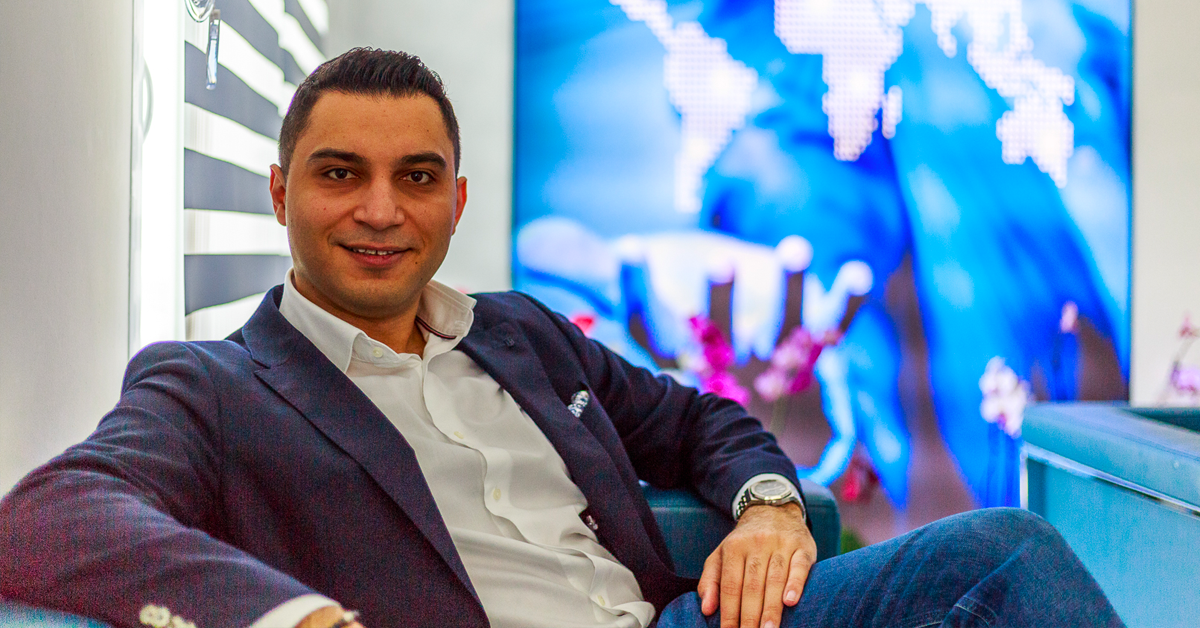For entrepreneurs looking to launch their start-up business, there are several financing avenues to consider: small business loans, crowdfunding, and angel investors are just three of the widely-used funding methods. However, during an economic downturn, even the most favorable financing options for a new small business can seem risky.
Ashton Kutcher, an actor, producer, angel investor, and founder of a venture capital firm, has quite the angel list to his name. When he took a risk and invested $1 million into Skype during the Great Recession in 2009, he never expected the company to be purchased only 18 months later by Microsoft, causing his outlay to quadruple in value.
Several experienced investors are still optimistic about investing in the right opportunities, even with the added risk involved right now, and there is a good reason for that.
“Crisis environments are one of the best environments that allow you to sneak into the industry that you want and become better than all the other competitors,” says Tahsin Gur, Kogod alum and CFO of Basel Holding, an investment holding company that provides angel investing for their clients.
Angel investing is especially favorable during an economic downturn, because the nature of the investment allows for more flexibility with repayment plans. An angel investor also may provide valuable business advice to help grow the business and their investment, as the company Gur works for does for their clients. Some of the biggest company names today started with the backing of angel investors during an economic downturn—Airbnb, Disney, Trader Joe’s, and Microsoft, just to name a few.
While an estimated more than 300,000 people have made an angel investment in the last two years, these investments were all carefully chosen after many factors were considered. Experienced investors ask themselves, “Would I be a customer of this projected company once it is completed? Do I trust the leadership and management skills of the entrepreneur? Is the world ready for that idea?” says Gur.
Another key factor is who comprises the leadership team. “It is the people in a company that make the company. The team that is working on an idea, believe it or not, is in most cases more important than the idea itself,” says Gur. “I’ve seen great ideas vanish by bad management and some non-interesting ideas be rockstar projects with the right people inside the company.”
If all of the usual research that angel investors must do before moving forward with investment checks out, the state of the economy shouldn’t be a deterrent. “I’d suggest that if you had believed in any idea before the pandemic, keep believing in it, and make sure to have enough cash to be able to survive this temporary environment,” says Gur.
And of course, having a diverse group of connected professionals in your network is also invaluable when pitching to angel investors. Right now, events and other in-person opportunities aren’t available, but Gur is quick to remind us that American University students and alumni have a vast network of fellow Eagles that they can call on for advice, support, and virtual connections.
“I have a lot of successful business people that I know from Kogod, and all of us love to engage with fellow Eagles,” says Gur. “AU is a great community, and it is very much a circle in the terms that people from AU support other people from AU 100 percent.”
If you’re interested in meeting a fellow Eagle working in your target industry, the Kogod Office of Career Engagement or the American University Center for Innovation can help you get started.
